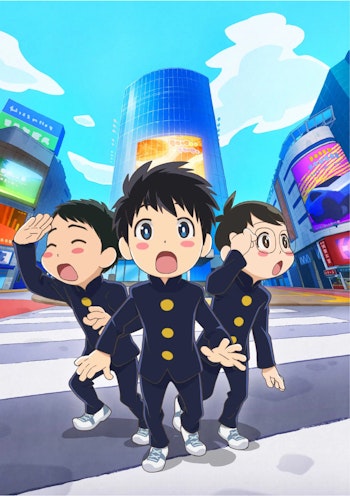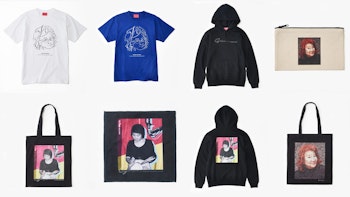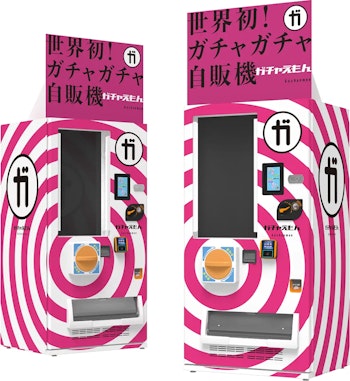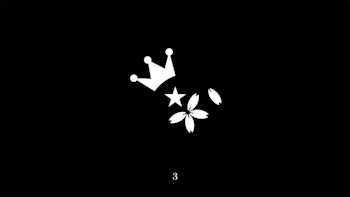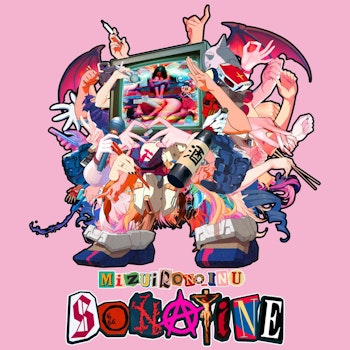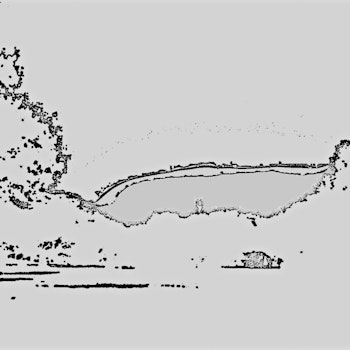
The idea of “city pop” often gets treated as a mood board rather than a malleable style. Whether embraced by listeners all over the world who have come across the sounds of ‘70s and ‘80s Japanese pop or picked up by domestic creators tapping into a past they never knew, the term serving as a catch-all for funk-and-disco-indebted grooves from the country’s Bubble era has become an easily identifiable aesthetic of sorts. Think horn sections, a neon tinge, female vocals and Hiroshi Nagai palm trees. It’s telling that city pop is one of the first styles to undergo the AI treatment.
Thank goodness for artists like HITOMITOI and her newest album Telepa Telepa to remind that city pop isn’t a template but rather an ever evolving palette. She debuted in the early 2000s with her own solo takes on the well-worn style and as a vocalist for glitzy creators such as RYUSENKEI on Aughts delight Tokyo Sniper. HITOMITOI was a student of the ‘80s sound, meaning she understood how it mutated into a fundamental part of Shibuya-kei and continued changing into the new millennium. She could create throwback luxury…or work with contemporary electronic producers to make something modern with echoes of the past.
Telepa is her first full-length solo album since 2017’s ECSTASY, a set of songs finding her working exclusively with frequent collaborator Dorian. For her return, she embraces a more eclectic approach. That’s clear immediately on opener “LIKE A FIRST KISS,” written by and featuring American act Jack Tatum’s Wild Nothing, a project connecting interpretations of rock and dance to form an out-of-time dream. Here HITOMITOI jogs alongside mid-tempo guitar lines wrapped up in electronic gauze, joined by Tatum to create something heartracing and a touch melancholy. It isn’t what one would ever classify as city pop in the post-”Plastic-Love” era…but it’s absolutely playing in the same sonic pool, and she fits in wonderfully over it.
From there, HITOMITOI expands her sound further. Dorian returns to lay down ecstatic synth-pop on “Déjà Vu No Blue,” with HITOMITOI even breaking into a mini speak-rap midway through between more jubilant singing. Tokyo producer Chocoholic channels something sparser on the understated “Lost City,” complete with ghostly string samples and brighter digi chimes, while Shohei Takagi of art-rock trio cero provides one of the sweetest backdrops she’s ever encountered on “Hamon Baby Boy.” Whatever direction Telepa goes, her voice can adapt and command attention.
While its a versatile set of songs, Telepa’s throughline remains city pop. Of course, that’s a term encompassing all kinds of genre collision — fusion, synth-pop, disco, AOR and more — so it lends itself space for experimentation. On “Wave Of You,” Yogee New Waves’ mastermind Kengo Kakudate helps HITOMITOI explore dusky jazz-pop about, full of starts and stops for her to capture the nervous excitement of night in the city. One song later she’s delivering the album’s most “city pop” moment on “Before You Go” with help from California project Los Retros, laying down a funky groove over which the pair offer a sweet duet (complete with a very Hiroshi Satoh keyboard solo).
A bad version of Telepa would be nothing but “Before You Go” type tunes, as that’s the number here closest to the style of city pop song most associated with the YouTube algorithm, and would simply be the assumed standard. Yet HITOMITOI’s entire career is about celebrating its full range — she’s never settled for a single idea, instead placing the strut of a “Before You Go” on the same album as something with moddier dream rock and club-ready synth bounces. Telepa is a testament to just how wide the sound of city pop can be, and how it works best when exploring all its corners rather than settling on one.
